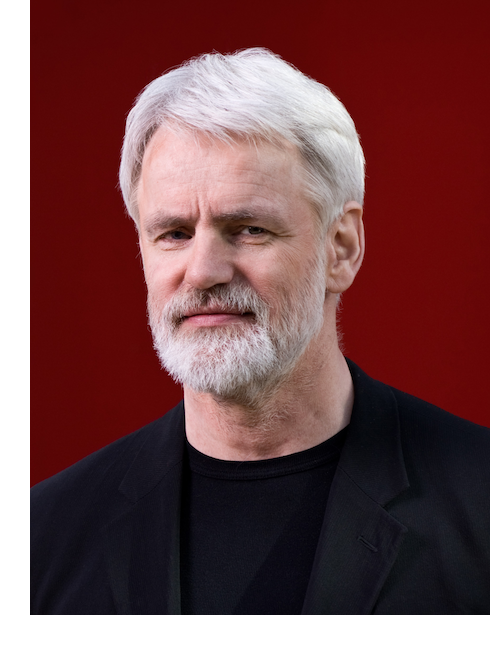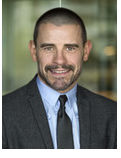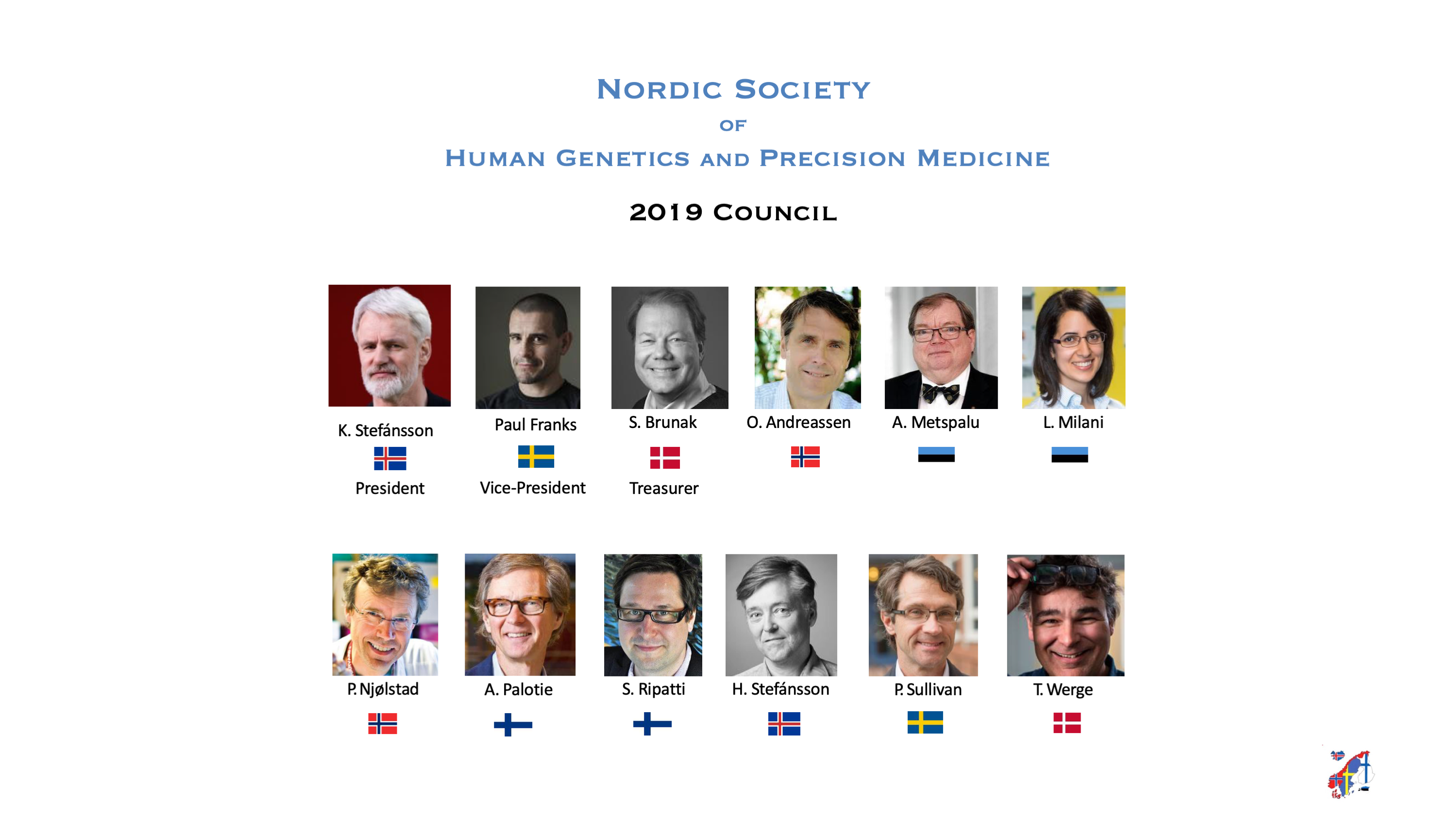
Renowned geneticist Kári Stefánsson seeks to unite Nordic researchers in genetic research to support more precise and personalised medical treatment .
The Nordic Society of Human Genetics and Precision Medicine (NSHG-PM) has chosen its inaugural leadership. President Kári Stefánsson of Iceland and Vice-President Paul Franks of Sweden were elected by the Society’s membership.
The Society was first announced at a meeting in Reykjavik in June of 2018 and is the culmination of a number of workshops held in the Nordic countries over the past several years.
“The way in which the Nordic countries have generated and stored healthcare data and made them available for research is one of the many attributes that has put them in a leadership position in human genetics in the world,” said Stefánsson, founder of deCODE Genetics in Reykjavik, Iceland, and a professor at the University of Iceland.
Stefánsson and Franks are joined in the executive leadership by Treasurer Søren Brunak of the University of Copenhagen, chosen by the members of the Society Council.

“The plans for the Society can be traced back as far as 2013, to a meeting hosted at deCODE Genetics. Since then, many Nordic geneticists have joined forces to build a formidable collaboration that we now call the Nordic Society of Human Genetics and Precision Medicine,” said Franks, professor and Deputy Director of Lund University Diabetes Center in Malmö, Sweden. “Our focus is on demonstrating the power of this collaboration through research initiatives, while simultaneously engaging the public and promoting education.”
In addition to the officers, members of the Council are, from Denmark, Thomas Werge of Mental Health Centre Sct. Hans, Roskilde; from Estonia, Andres Metspalu and Lili Milani of the Estonian Genome Centre in Tartu; from Finland, Aarno Palotie and Samuli Ripatti of the Institute for Molecular Medicine Finland in Helsinki; from Iceland, Hreinn Stefánsson of deCODE Genetics; from Norway, Ole Andreassen of the University of Oslo and Pål Njølstad of the University of Bergen; from Sweden, Patrick Sullivan of the Karolinska Institute.
“The new society will increase collaboration between human geneticists in the Nordic countries,” said Stefánsson. “We are determined to continue to lead the world in the discovery of the genetic basis of common diseases as well as the utilization of the discoveries in the implementation of precision medicine.”
The current officers and Council will serve for one year, during which they will finalize society bylaws, create governance structures, and establish the Society as an independent academic entity.
The Society will initially be hosted by the University of Copenhagen’s School of Health and Medical Sciences.

Elected Officer Bios
President: Kári Stefánsson, M.D., Dr. Med. founded deCODE in August 1996. Dr. Stefánsson was previously a professor of Neurology, Neuropathology and Neuroscience at Harvard University and Director of Neuropathology at Beth Israel Hospital in Boston, Massachusetts. Dr. Stefánsson received his M.D. and Dr. Med. from the University of Iceland and is board-certified in neurology and neuropathology in the United States. Dr. Stefansson is recognized as a leading figure in human genetics. He has shaped deCODE’s population approach to human genetics that is now being copied on both sides of the Atlantic. He is an author of over five hundred papers on various aspects of human genetics.
Vice-President: Paul Franks, Ph.D., is a professor and Deputy Director of Lund University Diabetes Center in Sweden, where he also heads the Genetic & Molecular Epidemiology Unit. He trained at the University of Cambridge in the UK and the Diabetes Epidemiology and Clinical Research Branch of National Institutes of Health in the US. For the past 15 years his research has focused on the interplay of genetic variation, pharmacotherapy and lifestyle in type 2 diabetes and cardiovascular disease. Franks is also an adjunct professor at Harvard University, a visiting professor at Oxford University, and the Principal Investigator of a number of national and international collaborative research projects funded by the European Union, NIH, and the Swedish Research Council etc. In 2015, he was awarded two large excellence awards from the Swedish Research Council and the European Research Council (totalling ~4m EUR) that support the core elements of his research programme focused on gene-lifestyle interactions and precision medicine.

